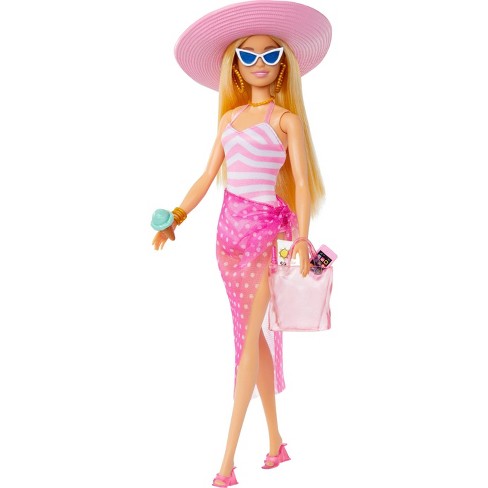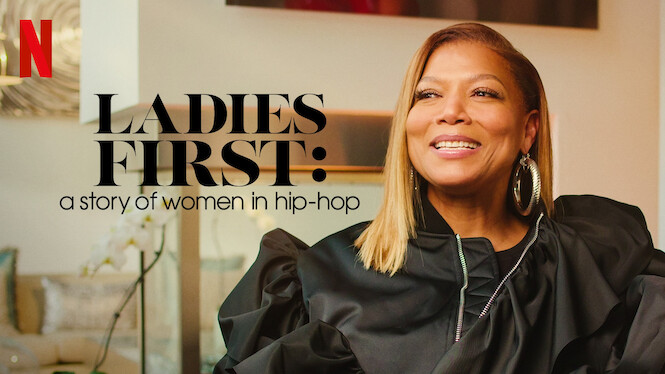Scars To Your Beautiful, by Alessia Cara, is a song that not only made Billboard’s top 100, but also conveys a very powerful message touching upon beauty standards that have been curated by society.
“Scars to Your Beautiful”, was released in 2015; a time in which social media was rapidly advancing thus creating heavy influence on those who used it. The standard for women and the way they should look was raised due to the influence of social media, thus creating a crisis when it came to girls’ and women’s body image. This song challenges the unrealistic ideas that the media and society have created around women’s body image, and Cara argues that this standard is unrealistic.
“…I wanted to make a song that provides a different perspective…
and I love performing it live looking out into the audience and seeing firsthand
how like everyone who’s been affected by that song how much they’ve
been affected by it…”
Scars to Your Beautiful” carries a message of self-love and self-acceptance, aiming to inspire listeners to recognize their beauty, both inside and out, and to challenge conventional beauty norms.
Utilizing lyrics like
“You should know you’re beautiful just the way you are
And you don’t have to change a thing”
Within her music video, Cara featured various women and men who don’t fit society’s expectation of “beautiful” come out and share their experiences with their body image and self-worth struggles.
Scars to Your Beautiful” also refers to eating disorders that stem from the use of media. Young girls want to replicate these models/influencers and look just like this unattainable body type, thus causing them to stop eating so they can fulfill this standard.
“Starving you know cover girls eat nothing
She says, beauty is pain and there’s beauty in everything
What’s a little bit of hunger?
I could go a little while longer, she fades away.”
Certified Health Coach, Lindsey Nichol, has a podcast entitled “Her Best Self” that covers food relationships. In a specific episode, Nichol discusses Social Media & its Impact on Disordered Eating & Mental Health
“The image driven the thoughts around all these images that we’re seeing these unrealistic ideals these bodies these airbrushed perfection that everyone views when they scroll through Instagram when they’re looking at celebrity promos, really about body objectification and how that can create of perfection thinking in your own life and you start going like, oh my gosh, I don’t look like this person and I need to”
The social construct behind beauty norms is not new due to social media, rather it just has become heightened. What has been considered to be the standard for female beauty has evolved immensely over time. There has always been pressure put on women to obtain a certain standard, however, the way it presents itself has changed.
Decades ago instead of influencers portraying an ideal body type, figures such as Barbie and the “Barbie body”
was the standard for women. So really, this concept is not new, there have always been immense standards put on women on how they should look, but now it is heightened due to social media.
Caras’s song “Scars to Your Beautiful” can assert not only to women who are struggling with body image and size, but also the scars that she references can be as simple as the color of one’s skin.
The term colorism In simple terms refers to discrimination based on the color of one’s skin. For many black women, this form of discrimination is prevalent in the context of societal beauty standards that historically favor a white ideal. The struggle with colorism intensifies as black women often find themselves marginalized for not conforming to society’s historically biased notions of an ideal body image.
The Netflix Documentary “Ladies first: A story of women in hip hop”
goes into depth on women in the music industry, and highlights different female artists explaining their struggle being as woman in a male-dominated industry. In this episode, entitled “What are they up against” these women talk about Colorism, and how being a black female artist comes with its struggles.
Although America is becoming more and more progressive every year, It is extremely evident that the issue of body image and standards for women has not gone away, and has only gotten more attention over the years. Women have been struggling with insecurities revolving around their appearance for decades. Through her simplistic and refreshing appearance, Cara succeeds in connecting to her audience on different levels, creating a song that almost every woman in America can relate to in her own way.




Leave a Reply